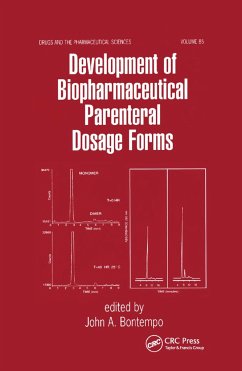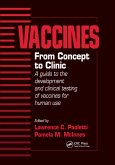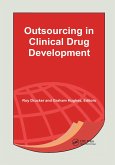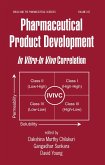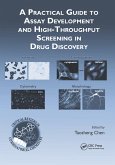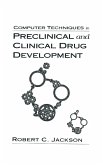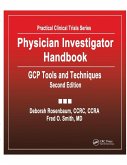This up-to-the-minute reference delineates-in a systematic fashion-the appropriate, sequential steps for the formulation of safe, effective, stable, and marketable liquid parenteral biopharmaceutical products-covering fundamentals and essential pathways for each phase as well as its purpose, function, and relation to other stages in the product development process. Written by experts currently involved in state-of-the-art advances in the pharmaceutical drug industry, Development of Biopharmaceutical Parenteral Dosage Forms 1. details biopharmaceuticals that are licensed or undergoing clinical development, including genetically engineered cell and engineered vectors in the fermentation process 2. describes purification and characterization techniques for rDNA therapeutics, discussing several types of unit operations for isolation, purification, and characterization 3. considers preformulation and formulation requirements, such as physicochemical properties, drug delivery, stability studies programs, deactivation/denaturation routes, selection of compatible excipients, and regulatory compliance 4. elucidates basics of analytical techniques, methods development, separation methods using chromatographic and electrophoretic techniques, and bioactivity methods covering bioassays and immunoassays for quantifying the stability of biological activity 5. shows how to select the appropriate filter for maximizing compatibility and minimizing adsorption and inactivation, examining topics from basic filtration theories to future trends 6. reviews the selection process for compatible elastomeric closures, analyzing physical, chemical, toxicological properties, protein adsorption on elastomeric surfaces, strategies to reduce/eliminate adsorption, and specialized containers for biotechnological applications 7. and more! Furnished with helpful references, tables, and drawings, this practical guide is indispensable
Hinweis: Dieser Artikel kann nur an eine deutsche Lieferadresse ausgeliefert werden.
Hinweis: Dieser Artikel kann nur an eine deutsche Lieferadresse ausgeliefert werden.

